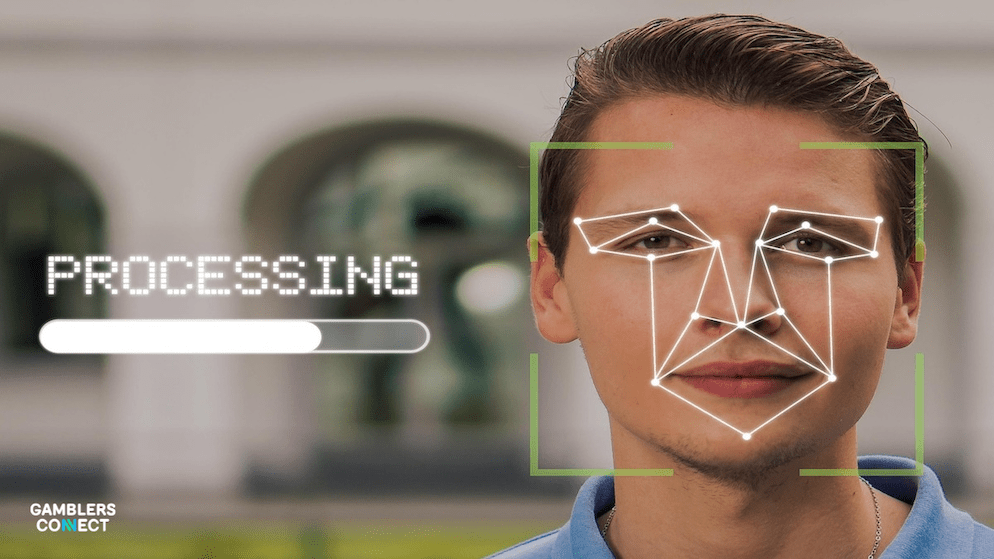
Kazakhstan’s Ministry of Tourism and Sports has announced the launch of a pilot program to introduce biometric identity verification into the country’s gambling industry.
The initiative is a partnership with the technology firm Biometric.Vision and is part of a broader governmental effort to improve transparency and social responsibility within its regulated sectors.
The partnership, which was unveiled during the recent Digital Bridge international forum, will see the deployment of Biometric.Vision’s advanced system across the gambling industry.
The biometric identity verification technology uses facial recognition and artificial intelligence to authenticate users in real-time.
The primary goals of the pilot program are to ensure fair access for legitimate users, reduce instances of fraud, and significantly strengthen protections for citizens in all gambling-related activities.
This initiative is being positioned as a major milestone in applying biometric and AI technologies for social good in the country.
Representatives from the Ministry described the pilot as a “new stage in the digitalisation of the social sphere,” which will support the responsible development of regulated industries including tourism, sports, and gambling.
The announcement highlights Kazakhstan’s growing role as a regional hub for technological innovation and digital transformation.
At the same forum, Biometric.Vision also signed a separate agreement with Bybit Kazakhstan, a regulated crypto exchange, to integrate biometric verification into its customer onboarding process to enhance its anti-money laundering (AML) and know-your-customer (KYC) procedures.
The company has also previously partnered with the National Bank of Kazakhstan, demonstrating the increasing adoption of its technology in the country.
Alibek Narimbaev, Founder and CEO of Biometric.Vision:
In his comments, Narimbaev said the collaboration marks a major milestone in applying biometric and AI technologies for social good. “This project is about making technology serve society, improving transparency and reducing risks.”
Baurzhan Rapikov, Ministry of Tourism and Sports Representative:
Rapikov called the pilot “a new stage in the digitalisation of the social sphere,” adding that it would support the responsible development of regulated industries such as tourism, sports, and gambling.





